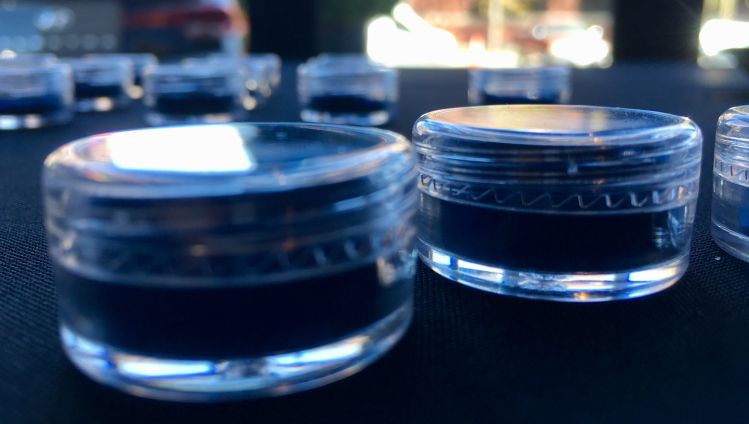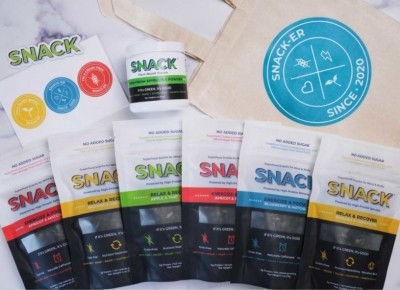WATCH: ‘We want Spira to be the Willy Wonka of algae…’
The brainchild of algae enthusiast and synthetic biologist Elliot Roth, who started growing his own blue/green algae four years ago, Spira has recently moved to Los Angeles to set up a pilot production facility to process spirulina grown from partners around the world using Spira's modified algal strain.
The business - which Roth claims "is one of the only companies to have genetically engineered spirulina successfully" - has been running on $500k of seed capital thus far, and has received grants from the World Food Program and the National Science Foundation among others, but is now seeking to raise $2m to help take the technology to market.
Speaking to FoodNavigator-USA before he pitched in front of the judges at FoodBytes! Chicago, Roth said the gene editing technology increased the stability of the blue pigment but also delivered improvements in the flavor, consistency, solubility and digestibility of the protein.
He added: “We engineer stability into the pigment protein, which enables it to maintain that color and remain stable in current beverage processes, confectionery processes and cosmetic processes. It's UV-stable, pH stable, and heat stable.
“Initially we’re working with smaller companies but we have a lot of prospective clients in the pipeline that are much larger that are really interested in what we’re doing.”
Spirulina protein isolate
While most spirulina farmed for food consumption today is grown for its blue pigment (with the remaining protein-rich biomass sold as animal feed) or supplied as a whole food ingredient for the dietary supplement and natural food market, spirulina protein has potential as firms seek more sources of animal-free protein, claimed Roth, who has filed three provisional patents thus far to protect his IP.
Historically companies have not invested in extracting the protein as it's expensive, but Spira has also developed some IP around fractionation and extraction that changes the cost equation, he claimed.
“This really amazing protein isolate that we’ve been working on, we think has great applications in plant-based milk and meat. It’s a beige-ish, whitish color with certain appealing properties particularly in texture and organoleptic properties that mean it’s much easier to use than some other plant-based proteins.”
Asked whether the GMO-factor might deter some prospective clients, he said potential partners are primarily interested in taste and functionality: “I kind of want to have Spira be the Willy Wonka of algae, being able to figure out new ways of presenting it in such a way that it delights our clients and enables moments of surprise and awe.”
















